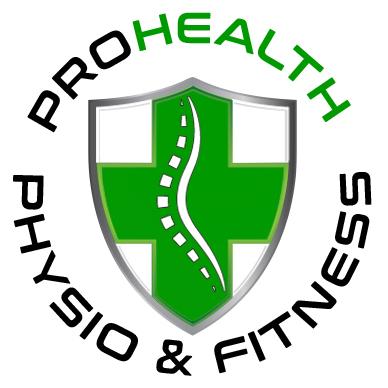Eating the right food can improve bone health. Keep reading to see our top preventative resistance exercises to improve your bone strength.
Exercise For Stronger Bones – Bone health is a key issue throughout our lives, from traumatic fractures to stress fractures in athletes, right through to osteopenia and osteoporosis in older people.
As we get older, we can suffer bone loss, which can lead to osteopenia or osteoporosis. This bone loss is linked to a decline in muscle mass and strength.
We love prevention!!
Here’s 3 resistance exercises to get you started!
Bicep Curl
- Sit or stand with good posture, ensure shoulders are pulled back and not rounded
- Hold weights, arms relaxed at sides, palm facing frontwards
- Bend elbows, curling weights to shoulders
- Slowly lower weights back to the start position
Tricep Extension
- Lie on your back with arms by your sides, weight in the left hand, and the left elbow bent
- Straighten your left elbow, lifting the weight toward the ceiling
- Repeat on the right side
Squat
- Stand with good posture, feet shoulder width apart
- Free weight in either hand
- Initiate squat by bending at the hips
- Rise up at the hips
Contact us to help and introduce you to stronger bones
Sources:
Bettis et al. (2018). Muscle atrophy and bone strength, Osteoporosis Int., 1–8
Duplanty et al. (2018). Resistance training and bone density, J. Strength Cond. Res., 32(6), 1594–1600
Laurent (2018). Top bone research papers, Arch. Osteoporosis, 13(29)
Von Stengel et al. (2007). Strength vs power training in postmenopausal women, Br. J. Sports Med., 41(10), 649–655

